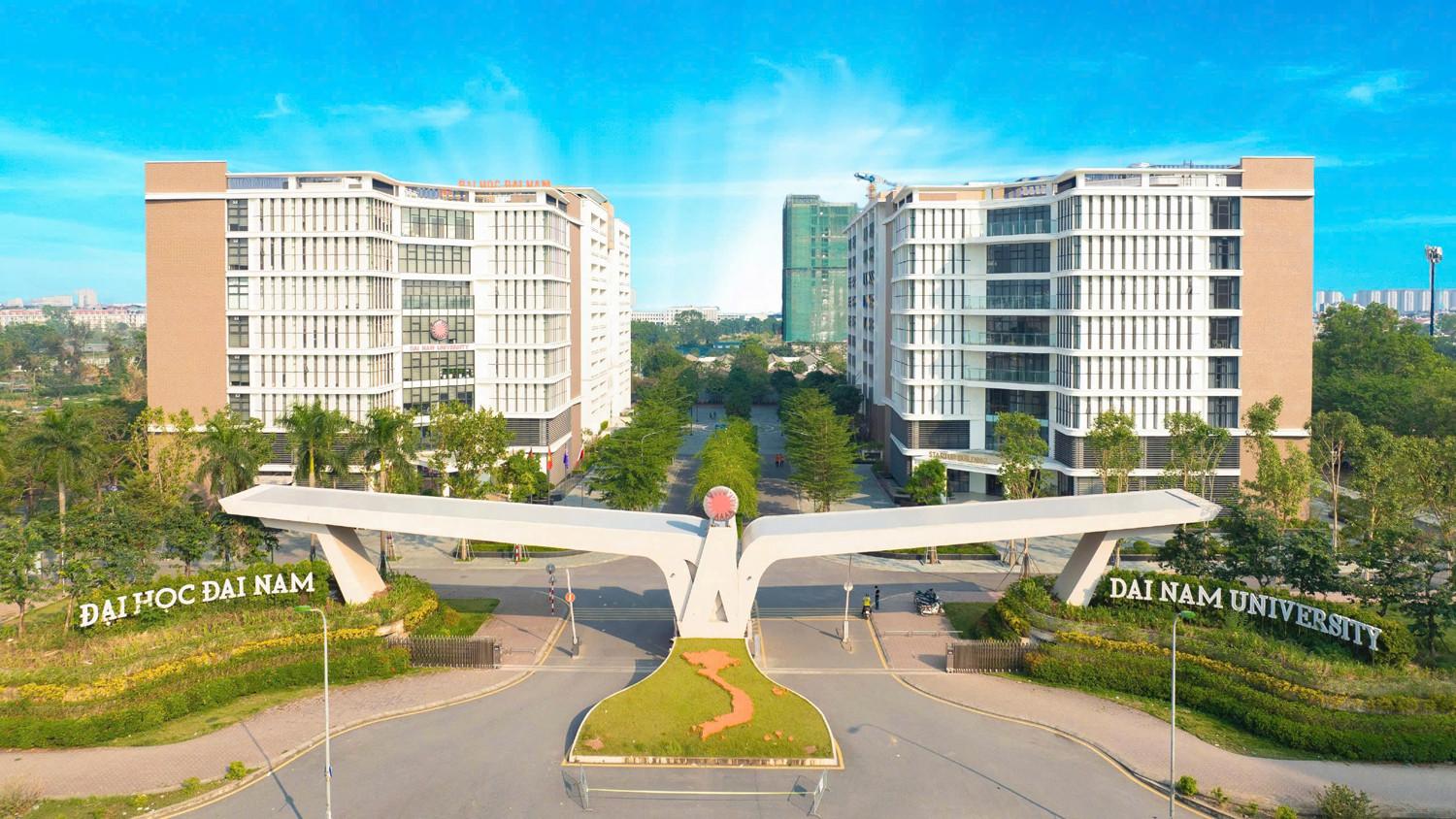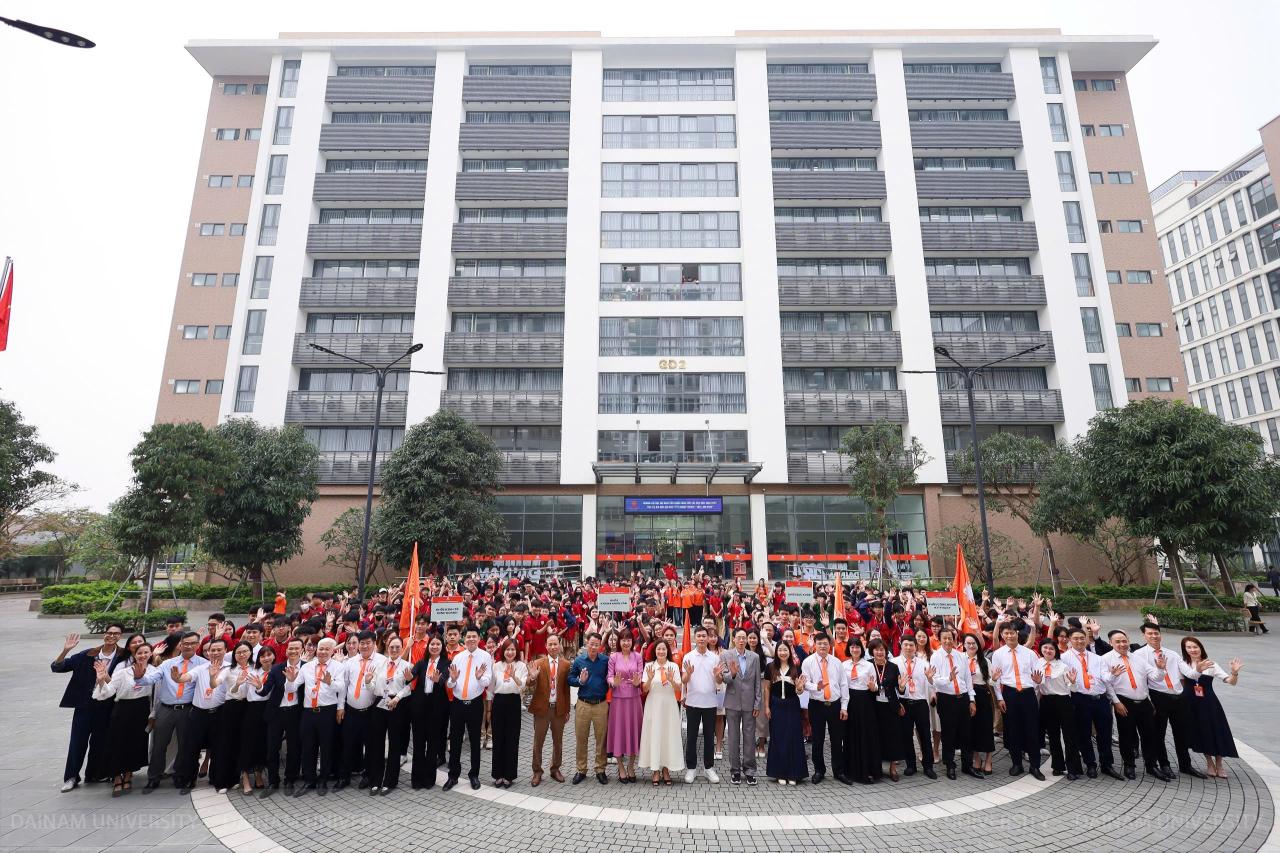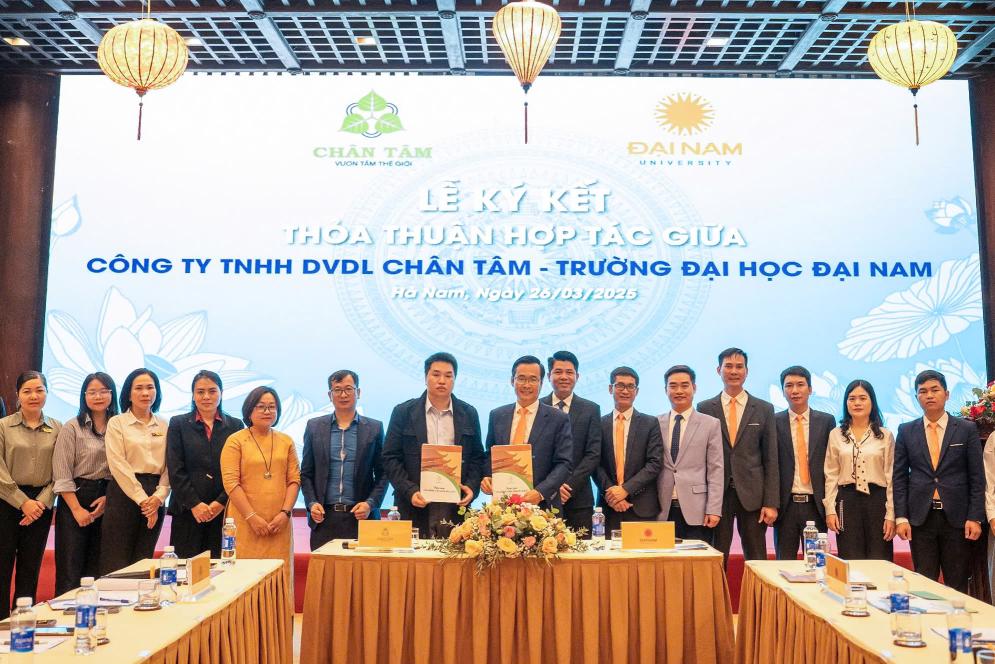Good article, worth reading by Dr. Le Dac Son and Associate Professor Dr. Dinh Cong Tuan on the Journal of Criminal Justice of the People's Public Security

Promoting comprehensive cooperation between Vietnam and the European Union in the new international context
1. New international context and factors affecting Vietnam - EU cooperation (1990 - 2019)
On the path of development, over the past 30 years (1990 - 2019), the Vietnam - EU cooperation relationship has developed in both quantity and quality, taking place in the context of many fluctuations and changes in the world: (1) The trend of globalization and economic regionalization is increasing, becoming the dominant trend, despite the manifestations of protectionism and extremism; (2) Although the world has gone through ups and downs in development with the Asian financial and economic crises, global financial and economic crises, European public debt, migration, development models, etc., it is still constantly moving and developing in an increasingly developing and progressive direction; (3) Negative and extreme trends in the world are emerging such as protectionism, populism, extreme nationalism, and unilateralism, which are at risk of overwhelming multilateralism. However, these trends are not the dominant trends leading the world; (4) The fierce competition between regional and global powers has made conflicts over strategic, national, ethnic, economic interests... increasingly fierce. The world's political and security situation is changing rapidly, with complex and unpredictable developments, but the trend of peace, cooperation, development and conflict resolution is still the major trend, dominating the current policies and directions of all countries. However, countries must remain vigilant and always deal with the risk that powerful forces always use violence, causing conflicts and wars, regardless of the law and the basic and dominant currents in the world today (I).
From the fluctuations and changes in the international context as outlined, it can be seen that the following main factors have had a profound impact on the development of the cooperative relationship between Vietnam and the EU over the past nearly 30 years as follows:
Firstly, politically, both Vietnam and the EU share a common perception of placing cooperation, integration, and development for the purpose of peace and friendship as a premise to promote all areas of cooperation between the two sides.
Since 1990, the EU has established diplomatic relations at the ambassadorial level with Vietnam, while Vietnam was still under embargo by the US and other Western countries. In 1993, the French President was the first person in the EU to visit and sign many important treaties with Vietnam. Vietnam and the EU signed the Framework Cooperation Agreement (1995), the Comprehensive Partnership and Cooperation Agreement (PCA) (2012), the EVFTA Free Trade Agreement and the EVIPA Investment Protection Agreement (2019).
On the Vietnamese side, the Party, State and people all uphold the idea of wanting to be friends with all countries in the world for the purpose of cooperation, integration, development, peace and friendship. And in the process of nearly 30 years of cooperation (1990 - 2019), both Vietnam and the EU have shared this perception and consistent actions, creating the premise for building and developing the bilateral cooperative relationship to grow deeper and deeper in all fields.
Second, in terms of economy, in the relationship between the EU and Vietnam, the two sides always put economic cooperation at the center. Since the two sides established diplomatic relations at the ambassadorial level (November 1990), the EU has always focused all resources on providing aid to Vietnam to eliminate hunger, reduce poverty, build a market economy, support environmental protection in Vietnam with the aim of improving the living and working environment, taking care of people's health, constantly improving economic, trade and investment relations with Vietnam; constantly promoting aid and cooperation in the fields of culture, education and training with Vietnam. The EU has recognized Vietnam as a country with a market economy. This recognition has created more favorable conditions for economic, trade and investment cooperation between the two sides.
The two bilateral political and economic factors taking place in the new international context have had a profound impact on the increasingly tight cooperation in all areas between Vietnam and the EU over the past 30 years.
2. Vietnam - EU: increasingly developing partnership
Since the establishment of diplomatic relations at the ambassadorial level in 1990, Vietnam - EU relations have had very positive developments in the fields of politics, economics, trade, investment, development cooperation, culture, education - training, science - technology, security, and defense; from dealing with global challenges to economic, investment, and trade cooperation, all have brought about practical results. Vietnam has become one of the EU's main partners in the Southeast Asian region.
Politically, the two sides regularly hold meetings and exchange delegations, including at the highest levels. Senior leaders of both sides always affirm the importance of the relationship and the desire to strengthen multi-faceted cooperation commensurate with the potential and position of both sides.
Over the past 30 years, Vietnam - EU economic cooperation has grown in both breadth and depth, recognized by the world. The EU has become a reliable partner and is supporting Vietnam in the process of integrating into the global economy. To date, the EU is one of the three most important foreign markets of Vietnam (China, the US and the EU). According to the Foreign Investment Agency of the Ministry of Planning and Investment, investors from 23 out of 28 EU member countries have invested committed FDI capital of 23.9 billion USD in 2,133 projects over the past 28 years (as of the end of 2018), focusing on 18 economic sectors, mainly processing and manufacturing industries, electricity production and distribution and infrastructure construction. In the field of development cooperation, the EU has always been one of the largest donors to Vietnam. The EC and EU member states cooperate closely with Vietnam in specialized areas that are priorities for Vietnam and the EU and have strengths such as: institutional support, science and technology (including nuclear safety), education, training, law, healthcare, banking and finance, agriculture, culture and tourism, environmental protection, disaster mitigation, and civil aviation (II).
On June 30, 2019, the two sides signed the Vietnam - EU Free Trade Agreement (EVFTA) and the Investment Protection Agreement (EVIPA). It is expected that in early 2020, the European Parliament (EP) will hold a plenary session to consider the EVFTA and EVIPA. According to this roadmap, the EVFTA and EVIPA can be ratified by the EU in the first half of 2020. Therefore, Vietnam must prepare all conditions to implement these agreements. According to the Vietnamese Ministry of Industry and Trade, these two agreements will help Vietnam's exports to the EU increase by about 20% by 2030. In the field of trade in goods, almost all tariffs and export turnover of Vietnam to the EU will be eliminated from import tax after a short roadmap (maximum 7 years), contributing to promoting the development of bilateral trade relations between the two sides to be more comprehensive and profound. When put into effect, EVFTA will be a huge boost for Vietnam's exports, helping to diversify markets and export products, especially agricultural and aquatic products and products with many competitive advantages of Vietnam. In addition, the commitments to fair and equal treatment, safe and full protection for investments and investors of both sides in the EVIPA Agreement will also contribute positively to building a transparent legal and investment environment, creating favorable conditions for businesses, thereby attracting more investors from the EU and other countries. Commitments on services - investment, government procurement, as well as regulations on market opening and technical measures in a number of specific areas will also create opportunities for EU businesses, products and services to access more easily the market of nearly 100 million Vietnamese people; At the same time, it helps Vietnamese consumers access the supply of high-quality products and services from the EU in areas such as pharmaceuticals, health care, infrastructure construction, public transport, etc. (III).
In addition to the advantages and prospects, Vietnam needs to fully prepare conditions to deal with the challenges brought by the EU such as: non-tariff technical barriers (barriers on origin of goods, packaging, labeling of goods, hygiene and safety, labor, TBT technical barriers, etc.); must improve the competitiveness of goods produced in Vietnam, avoid the "death blow" in competition for goods at "home"; equip knowledge about legal matters in business, etc.
3. Solutions to promote comprehensive cooperation between Vietnam and the EU in the future
To continue promoting comprehensive cooperation with the EU, more than ever, Vietnam needs to research, analyze, and forecast the development movements of the EU, and choose the most optimal solutions, specifically:
First of all, Vietnam needs to strengthen political and diplomatic relations with the EU in general and its member countries in particular. Upgrade strategic partnerships with EU member countries such as the Netherlands, Poland, the Czech Republic, the Nordic countries, etc. Strengthen defense and security cooperation with the EU and its member countries; seek their consensus and support on the East Sea issue, etc.; maintain peace, security and cooperation in the Asia-Pacific region.
Second, it is necessary to consider the EU as one of the leading important partners, on that basis, develop specific policies, promote comprehensive cooperation with the EU. In the immediate future, fully prepare the conditions to implement the two agreements EVFTA and EVIPA in mid-2020; resolve labor bottlenecks in EVFTA, increase the number of jobs, and improve the quality of human resources.
Third, Vietnam needs to proactively promote activities and explore initiatives in bilateral cooperation mechanisms such as: (1) Annual political consultation at the level of Deputy Foreign Ministers; (2) Vietnam - EC Joint Committee; (3) cooperation in the fields of democracy and human rights; (4) cooperation within the multilateral framework. Find effective solutions to promote cooperation in economics, trade, investment, science - technology, education - training, culture, festivals, etc.
Fourth, continue to mobilize ODA capital from the EU and its member countries, non-governmental organizations, and European funds to achieve the goals of hunger eradication, poverty reduction, improving the living environment, building infrastructure, perfecting institutions, enhancing the quality and capacity of human resources, etc. (IV).
LE DAC SON* - DINH CONG TUAN**
* Chairman of the Board of Directors, Dai Nam University.
** Director of the Institute of International Studies, Dai Nam University.
Source: CAND Political Theory Magazine
(I) Chu Duc Dung, Pham Anh Tuan, Nghiem Tuan Hung, “International context after the 2008-2009 crisis and prospects to 2030”, Journal of World Economics and Politics, No. 5 (277), May 2019, pp. 3 - 11.
(II) Vietnam - European Union (EU) relations.
http://www.mofahcm.gov.vn/vi/mofa/cn_vakv/euro/nr040823164750/ns170830102445
(III) “Minister Tran Tuan Anh: EVFTA helps Vietnam's exports to the EU increase by about 20% in 2020”. https://baodautu.vn/bo-truong-tran-tuan-anh-evfta-giup-xuat-khau-cua-viet-nam-sang-eu-tang-them-khoang-20-vao-nam-2020-d102726.html
(IV) Nguyen An Ha, “Adjusting development policies of some key European countries during the financial crisis and global recession”, Social Sciences Publishing House, Hanoi, 2013, pp. 280 - 283; Dinh Cong Tuan, “The European Union in the first two decades of the 21st century”, Social Sciences Publishing House, Hanoi, 2011, pp. 276 - 282.









